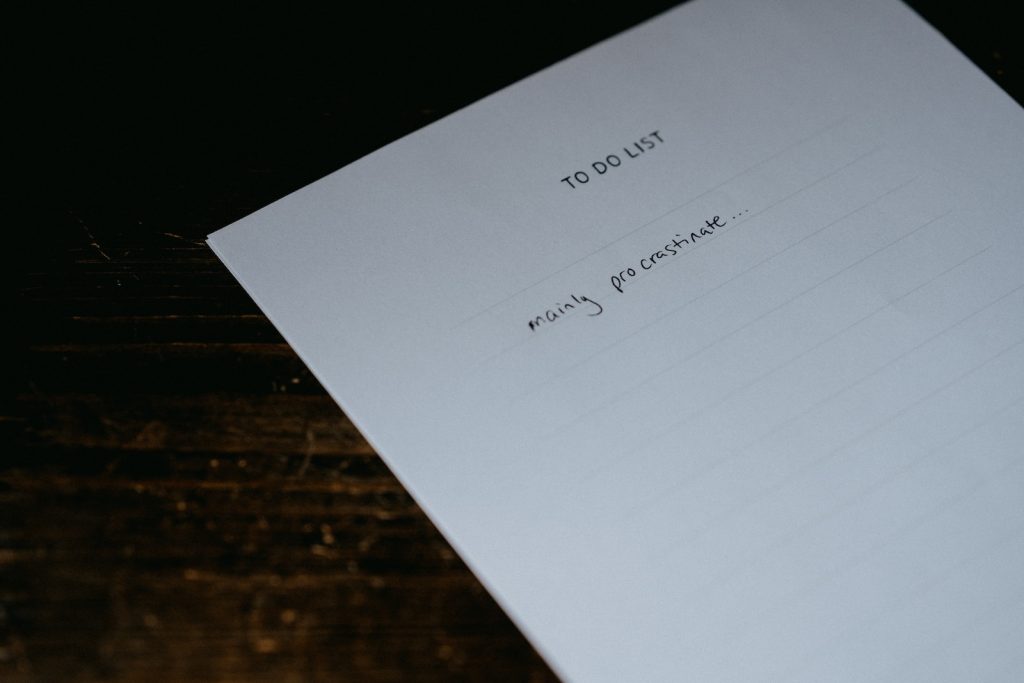Why Being Interviewed on Podcasts Has Not Worked For You – And How To Change It
Over the last decade, I’ve interviewed a 119 experts for any of the 3 podcasts I’ve hosted (so far), and I’ve also been interviewed 64 times on other people’s podcasts. And if there’s one thing I’ve learned is that being intentional about booking yourself as a guest on other people’s podcast’s is the most overlooked…
Jan 21, 2023 •

Over the last decade, I’ve interviewed a 119 experts for any of the 3 podcasts I’ve hosted (so far), and I’ve also been interviewed 64 times on other people’s podcasts.
And if there’s one thing I’ve learned is that being intentional about booking yourself as a guest on other people’s podcast’s is the most overlooked and most underutilized strategy to market yourself as a physician.
Unfortunately, being a guest on other people’s podcasts is something many doctors look down upon. They don’t like “talking about themselves” and genuinely think nobody cares about what they have to say. This is the opposite of what the evidence points to…
So if you’re thinking about going on other people’s podcasts to grow your audience –and your practice–, here are the 4 things I make sure all my clients do:
1. Have 1 clear, specific topic you discuss on podcasts.
As an expert in your field, you can talk about several things related to it.
Even the interviewer might want to ask you about a lot of different things. But the best podcast interviews are those that go deep into a single topic. And when you choose being a guest on podcasts as your main lead generator, you can’t afford to go all over the place in a single conversation.
So choose the one narrow topic you will focus on, and talk about that one narrow topic on all the interviews you go on during that season (at least 6 months to a year).
Pro tip: You will feel bored and like you’re repeating yourself. But the people listening to each podcast haven’t heard of you (or your story) before. So be repetitive.
2. Create a funnel to convert listeners into leads.
The mistake is thinking you go into podcasts so listeners can follow you on social media and then, maybe, visit your website and become your patient.
Instead, you should strategically craft a funnel that will bring visitors to a landing page, and capture their information in exchange of something valuable for them. (This is called a lead magnet and if you don’t know what that is, I’ve written about it before) This will put them into a “nurture” sequence in your online marketing platform, educating them and bringing them closer to becoming a patient.
All without you (or your staff) having to manually follow up with anyone – until they’re ready to take the next step.
3. Have a single call to action.
On every podcast interview, the host will ask you something along the lines of “where can our listeners go to find out more about you (or your service/product)?”
And the mistake I see lots of podcast guests do is have a bunch of calls to action here. They’ll blabber something like “well… my website is at superdifficultname.com and you can find me on instagram @superdifficultmaidenname and on tiktok as hardtosayname_dallas”. And then they wonder why all the time they spend on podcasts doesn’t pay off…
Instead get a simple, short, easy-to-say URL that you can direct everyone to. Make this your landing page for all podcasts. In it have your lead magnet and also links to your social media pages.
Now imagine the host asking you where can people find out more about you and you simply say: “just head on over to pgf.me and you’ll find the links to everything there.”
4. Be memorable.
Last, but certainly not least, be memorable!
When you consider how many podcasts the average listener listens to, it’s not hard to see how easy it is for them to forget about you the moment your interview ends. The way to avoid it is not by name-dropping your school or mentioning your credentials or accolades. It is by telling engaging stories.
Have you noticed how celebrities go around late night shows to promote their movies?
If you pay attention, they always have these incredible, engaging conversations with the hosts. Every guest has always had something hilarious happen to them in the last 48 hours and they can’t believe they’re talking about it on tv… It all looks –and sounds– natural, unscripted, and spontaneous. I’m sorry to break it to you but it’s none of these.
These are scripted, likely made up (or exaggerated) and very much rehearsed.
I’m not saying you should make up stories but you should absolutely think about stories that relate to the topic you’re discussing on podcasts. And practice saying them over and over again. Record yourself and listen to it. Practice the delivery, the tempo, the emphasis.
You can have the most amazing discussion about a highly specialized topic but if you don’t give the audience something to remember you by (a story), they simply won’t.
Sign up for the newsletter that helps subject-matter experts build a business aligned with their life goals.


